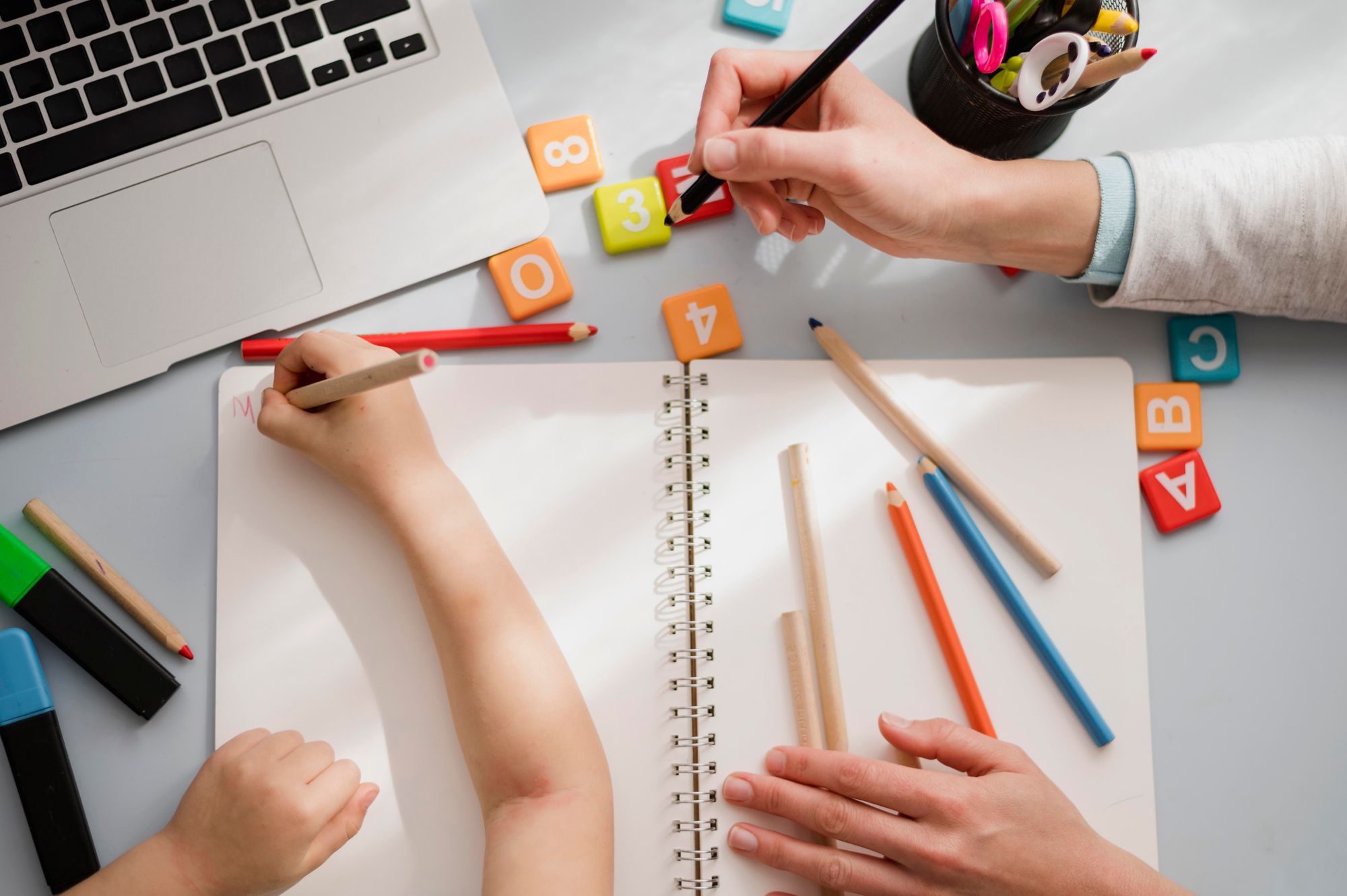Caring for Children with Developmental Needs
by on 02/08/2025 ...

LittleLives recently hosted its second live webinar, and this time the attention is on our friends with unique learning abilities.
Special needs children, or in this case, children with developmental needs, are usually defined by what they are unable to do: social limitations, experiences denied, activities avoided, drawbacks on learning, and prohibited food. These challenges can affect families and people around them differently. Thus, we got to hear some professional thoughts and opinions from experts on four different perspectives of the topic–the school’s perspective, parent’s point of view, children’s developmental and functional needs:

How can schools help children with different learning abilities?
Schools should equip themselves with different tools and resources that enable them to cater to children with different learning abilities. Before making any assumptions, it is best to spend as much time as possible with the child to observe the child’s behaviour and identify their needs. After collecting some data, the school can then advise parents on the next step, whether the child needs to seek therapy or a professional assessment. Teachers should pay close attention to their students and attempt to determine their strengths and weaknesses. This will allow them to prepare more effective lesson plans and activities in class.

Ms. Noorlinda Masood shared on the merits of having a Sensory Gym, which is a sensory playroom designed for children with Sensory Processing Disorder (SPD). The equipment is designed to provide information to the brain about the body’s position in relation to the environment. In return, this informs the body on the amount of effort being used to move the body, and regulates both emotional responses and sensory input (proprioceptive and vestibular sensory). The sensory equipment can help children develop gross motor skills and they also serve as a place for the children with special needs to access when meltdowns occur.
In Ms. Masood’s professional opinion, the Sensory Gym plays an important role in schools as it provides a calming safe space and a stress-containment environment for the children.
What educational skills can parents and teachers acquire to be better caretakers to children?
Both parents and teachers first need to understand the difference between being a parent (noun) and parenting (verb). Raising a child is hard work and having additional skills can potentially help us become better parents and teachers.
As parents, having the awareness of the child’s growth during the pregnancy stage is as important as when the child is growing up. Cognitive development begins when the child is inside the womb. This links to the child’s behaviour as they develop. It is especially important to observe children’s behaviours as it allows us to identify mood shifts, changes in attitude, and their reactions to their environments. This also applies to teachers at school, where having a better understanding of the students’ behaviours will improve the effectiveness of their teaching methods.

Ms. Sarine Tan advised both parents and teachers to use developmental milestones to observe behavioural changes in the children and to understand why children behave and act they way they are (the purpose of behaviour). This enables us to properly evaluate the children before jumping to conclusions and putting labels on them. Having structure and routine also helps children thrive, whether they are in school or at home.
What can I do as a parent to a child with developmental needs?

Acknowledging and accepting support from others is of utmost importance in becoming a better parent to your children, whether or not they have different developmental needs. It is equally as important to never neglect your own needs as a parent. The parent’s mental and physical wellbeing plays a crucial part in ensuring that the child is supported and provided for.
Setting expectations and directions with the school helps parents to follow through better at home. Staying involved with the school and having open communication will tremendously improve the child’s development. At the same time, being honest with the therapist or school will strengthen the home-and-school partnership.
Why are the functional-developmental needs of children important?
Functional needs refer to three aspects of the child’s development. Firstly, is to develop social competence. When the child is growing, having strong social competence will equip them with better conversational skills and allow them to function in various environments, whether at home or in school. Secondly, is to acquire learning-related skills. An example of learning-related skills is teaching colours. Aside from literacy understanding, teaching children colours allows them to utilise it in their daily lives. For example, the colour red will teach children to stop crossing the road. Thirdly, is to promote self-care skills. Children require opportunities to learn to be functional individuals. Staying hygienic, being able to stand up for themselves, and taking control of their lives are some examples of promoting self-care and independent skills.

Instilling these three aspects in children at a young age will make them function better in the real world.
Watch the full webinar here:



































